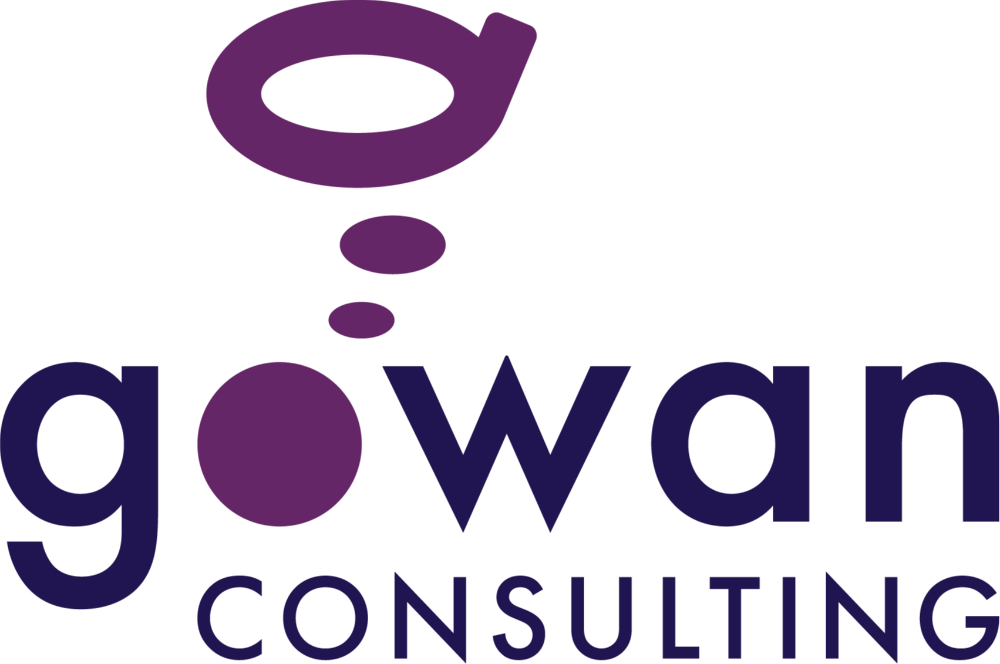Bringing Relaxation into the Workplace
May 22, 2025
It’s easy to fall into the trap of thinking that constant busyness equals success. But the fact is, if we don’t find ways to manage our stress levels throughout the day, we can quickly lose focus and burn out. If we don’t prepare our bodies to be resilient, our work will suffer. This is why the concept of relaxation is important. Relaxation isn’t doing nothing—it’s activating your brain’s recovery system.
What Relaxation Does to Your Body
Relaxation is both a physical and mental state. It’s a balance of a calm body and calm mind that can reduce tension created by stress.
Chronic stress keeps the body’s nervous system stuck in a constant state of alert — known as the sympathetic nervous system activation, or the "fight or flight" response. While this response can be useful in emergencies, staying in it too long can exhaust the mind and body. When you realize that you are responding with this automatic response, this is time to activate your parasympathetic nervous system, or the “rest and digest” phase, through relaxation.
Physically, relaxation helps to slow the heart rate, lower blood pressure, reduce muscle tension, and promote digestion. Mentally, it can quiet racing thoughts, ease anxiety, and restore a sense of emotional balance and focus. All of this allows you to maintain emotional resilience and strengthen your ability to manage pressure at work.
Relaxation Techniques for the Workday
Building relaxation into the workday doesn’t require dramatic changes or lengthy time commitments. Even small practices can make a huge difference. Here are a few strategies employees can use:
Breathe – The most effective step in slowing down your body is to slow down your breathing. When we are stressed, we take fast and shallow breaths. Try “box breathing” – in this technique, you inhale for four to six seconds, hold it deep in your belly for four to six seconds, exhale for four to six seconds, and hold it for four to six seconds. Do this three to five times to activate your rest and digest system.
Ground Yourself – When you brain starts to spin with all your worries, try focusing on things that are concrete around you. Distract your brain by focusing on five things you can see, four things you can touch, three things you can hear, two things you can smell, and one thing you can taste. Activate your senses with some peaceful smells like essential oils or even a breath mint.
Practice Meditation and Mindfulness – When we worry, we tend to focus on the future. Mindfulness and meditation practices help you focus on the present. You might try yoga, progressive muscle relaxation, or breath exercises to help focus your attention and promote a calmer state. There are many apps that can help with this process.
Breaks and Exercise – Exercise uses our excess energy to work off the extra blood flow, oxygen, and muscle tension that occurs when we are in “fight or flight.” Take some micro-breaks between tasks to stand up, stretch, or get some steps in. Over time, exercise also helps with your overall sleep, energy, and health.
How Workplaces Can Support Relaxation and Mental Health
While personal strategies are important, workplace culture plays a critical role in whether employees feel empowered to prioritize their mental health. Organizations can support relaxation and well-being by:
- Encouraging healthy breaks that respect employees' time to recharge. Leaders can be a role model for employees by taking their own breaks and prioritizing self-care.
- Offering wellness programs and initiatives, such as meditation apps, relaxation workshops, or mental health days.
- Creating quiet spaces such as wellness rooms or designated quiet areas to allow employees to take a break away from their desks when needed.
- Reviewing workloads to ensure they are reasonable and manageable to prevent chronic overwork and stress buildup.
- Training managers on how to recognize signs of burnout, promote mental well-being, and provide tools and resources for employees in distress.
How Can Gowan Consulting Help?
Our team can provide your team with the tools you need to improve mental health and productivity. If an employee is struggling, our Occupational Therapists can provide individualized mental health support to support a healthy stay at work. Make a referral today or contact us to learn more.
We also provide mental health training to both managers and employees on a variety of topics, including building resiliency, managing anxiety, reducing burnout, and more. Contact us to learn more about customized group training such as Manager Mental Health Training.

